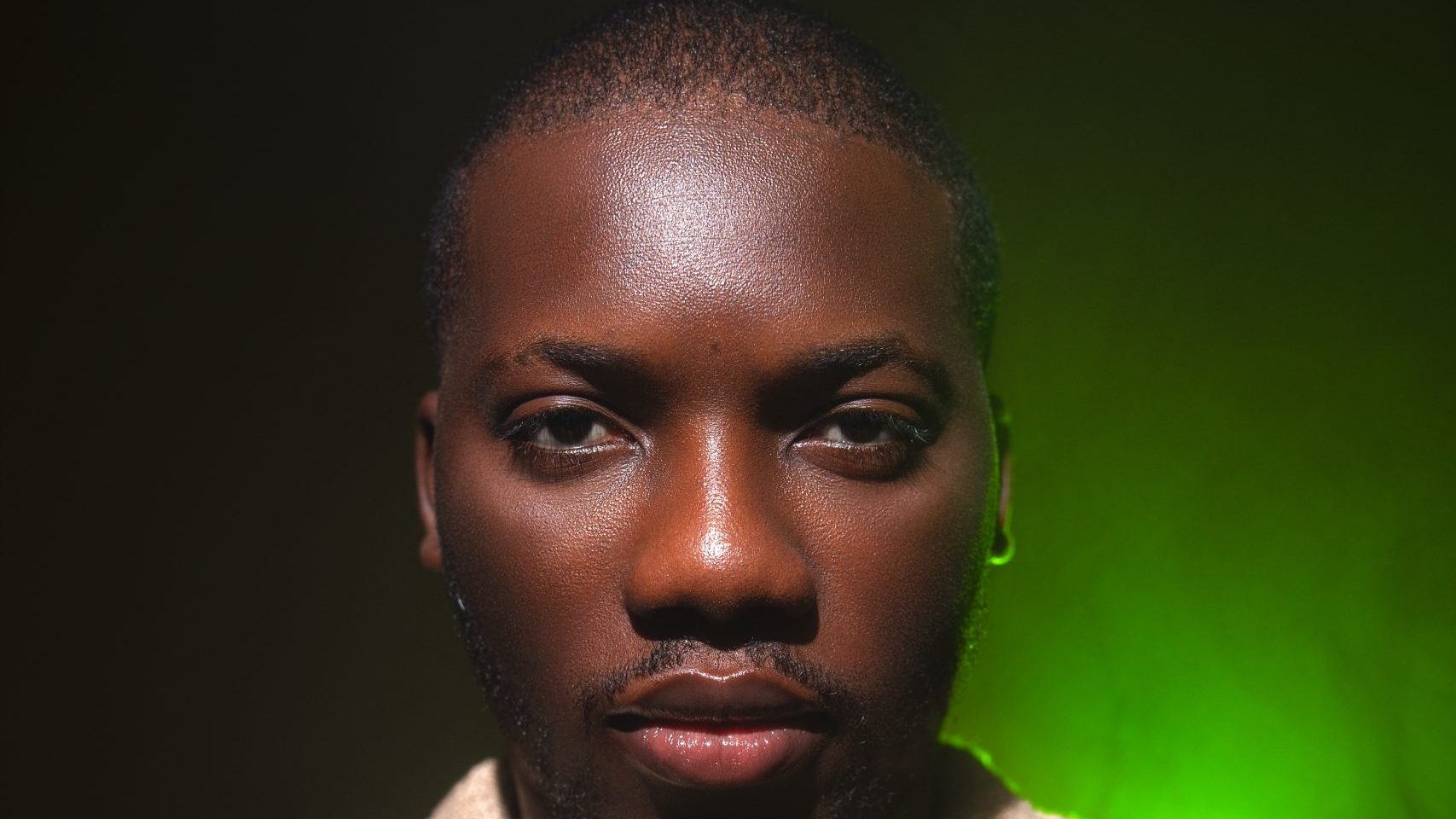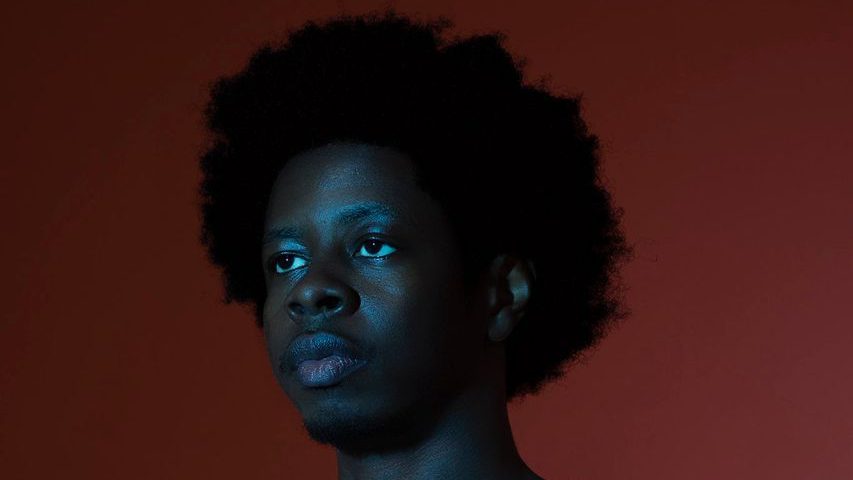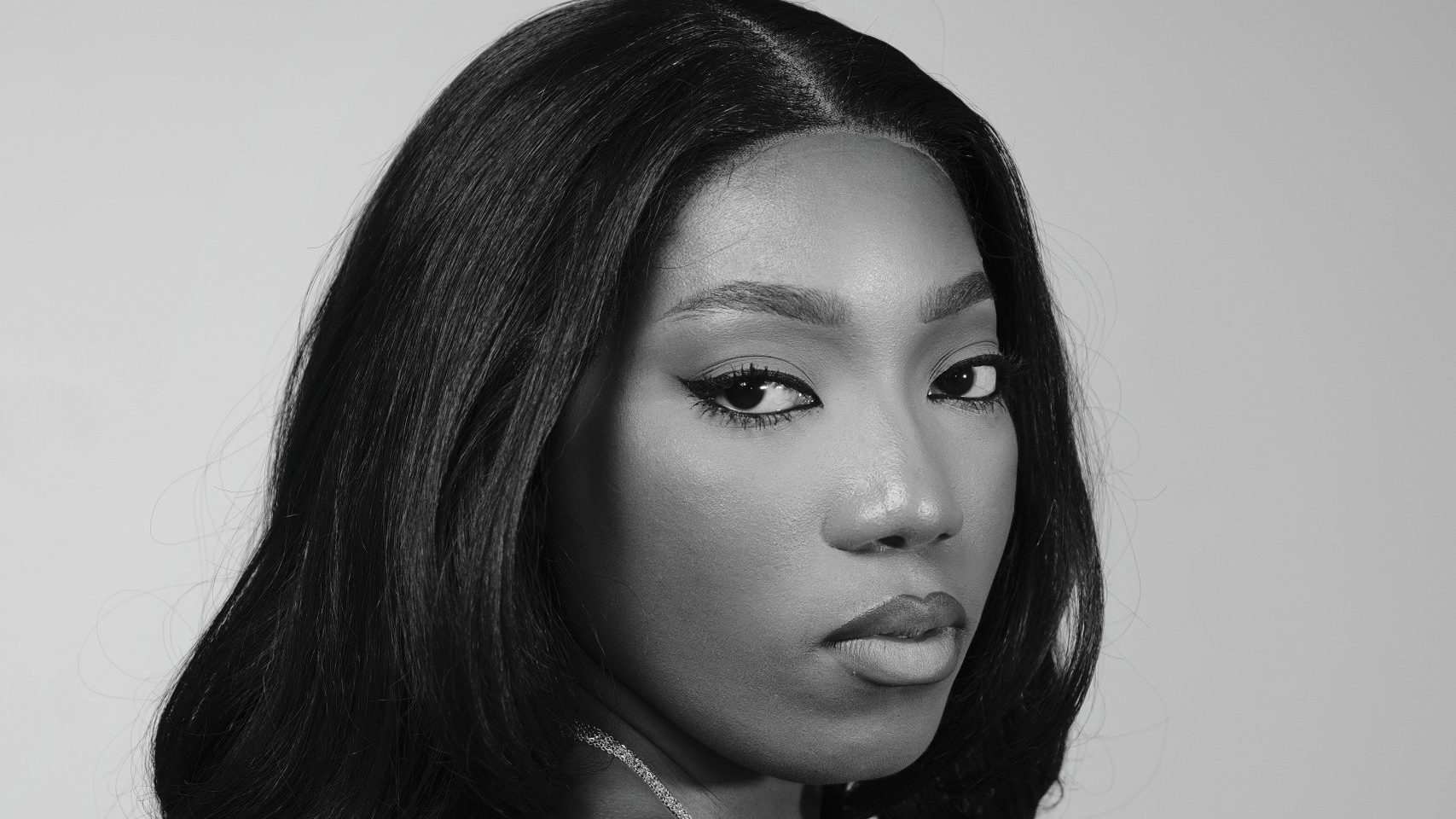In the rapidly evolving landscape of African gospel music, few artists embody the intersection of deep spiritual conviction and contemporary sound quite like Protek Illasheva. A leading voice in the Afro-Gospel movement, Protek has spent years crafting music that embodies both authentic worship and sonic innovation.
This conversation reveals an artist shaped by profound loss and sustained by unshakeable faith. Having navigated the deaths of both parents and emerged with a clearer sense of purpose, Protek speaks candidly about the pressures gospel artists face to maintain an image of perfection, the tragic cost of that expectation, and his commitment to remaining accessible to those who struggle in silence. His music, which is rooted in hip-hop’s kinetic energy and elevated by Afrobeats’ global pulse, serves as both personal affirmation and communal prayer, a soundtrack for believers searching for God not in pews, but on Spotify.
For him, gospel music isn’t about appearing flawless, it’s about staying connected to the Source, even when the faith of others begins to shake. Protek spoke to us about his latest single “Zoe” born from a harrowing moment, an upcoming EP designed to spark conversation, and much more.

You’re described as one of the leading voices in Afro-Gospel. What does Afro-Gospel mean to you personally?
Afro-Gospel is beyond the sound, beyond the music. It’s a movement, an audacious statement, its shaping culture, It’s the young boys and girls coming out for every Afro-Gospel event and having maximum fun without drugs and alcohol and also saying, “This is who we represent and what we represent” through different skills and talents: be it music, poetry/spoken words, rap, fashion and lifestyle. every creative repping the kingdom and repping the king, Jesus Christ.
Your sound blends gospel, hip-hop, and Afrobeats; which are three worlds that don’t often meet. How do you merge them, and what inspired you to do so?
The gospel of our Lord Jesus Christ is the message. Hip-hop is the vehicle that transports the message. Afrobeats or hip-hop, however the sound is shaped, is the vehicle to transport this message to the listeners.
You’ve been in the gospel scene for several years now. How has your sound and message evolved over time?
My artistic journey has been marked by a consistent message centered on life transformation through music and lifestyle. My sound, however, has progressed substantially, reflecting my growth as an artist.
Over the course of your projects, you’ve collaborated with big names both within and outside gospel, artists like M.I. and Vector who aren’t traditionally gospel artists, and others like Limoblaze who are. How do these creative partnerships shape the message you’re telling?
Collaborations are really beautiful. When you have different POVs on “a subject matter” it gives the record range. Working with artists like Vector and M.I Abaga exemplifies this, resulting in music that doesn’t only transcend genres, but is authentic and impactful.
Your music clearly comes from a place of deep faith. How do you balance being a minister through music with also being an artist in an industry that’s competitive?
I’m not seeing competition. The only competition I see is doing better than what I’ve done in the past. I’m not seeing the next man as competition. What I’m seeing is, okay, what did you do with “Counterculture”? What can you do better with “Eternal Cruise”? What can you do better with the next project? How can you communicate this message that the Lord has given you to this generation better? That’s the only competition I see, how can I be better, how can I do better in terms of evolving the sound, taking it to the next level while keeping the message without losing its core essence. I’m focusing on my own track, not on the next man running on another track.
Have there been moments where your faith was tested in a way that influenced your music?
Faith is often tested in times of grief. After losing both parents, my dad and then my mom, I struggled to find purpose, especially in music. But the Word of God and knowing I had an unfinished assignment kept me moving forward, ultimately helping me find my footing again.
Some people say gospel artists face more pressure to appear perfect. How do you stay authentic and human even though you carry a spiritual message?
That’s a really interesting question. I actually lost a friend some time ago – he took his own life. He was a leader in the church, someone others looked up to. I was like a mentor to him, and when it happened, I kept asking myself, “Why didn’t he reach out?” He had my number. He knew people who could’ve helped him. And then it hit me: perception. The fear of what people would say. That idea that as a believer or a leader, “you’re not supposed to be down,” “you’re not supposed to struggle.” SoulSnatcher from Rooftop MCs once said something really profound: people are quick to criticise pastors or gospel artists, but they have no idea what these leaders are truly going through. If some of them were to open up about their personal battles, many people’s faith would be shaken. And that’s the sad reality. I believe that’s part of why my friend never reached out. The expectations are real. People expect gospel artists to live above every form of struggle or weakness. But for me, my priority is staying connected to God, that’s my anchor. That’s been my cheat code through it all. And beyond that, I’m working on building a platform — a safe space — for people like my friend who feel they can’t speak up for fear of judgment. By God’s grace, it will be the first independent helpline dedicated to individuals battling depression or contemplating suicide.
What is one Bible story or verse that continually fuels you as an artist?
I’d say the story of David really does it for me. It’s super relatable. The Bible calls him a man after God’s own heart, and that’s despite everything he did. We all know David’s story; he made mistakes, he fell short, but he always knew who his source was. He knew where his strength came from. Every time he messed up, he’d still go back to God like, “Yeah, I messed up big time, but I know You’ll take me back.”
That part always gets me, because in real life, when people see you fall, they expect you to stay away from God. But that’s actually when you should run closer to Him. That’s where your strength and your refuge are.
Another one that really keeps me grounded is Galatians 3:3 – “Are you so foolish? After beginning by means of the Spirit, are you now trying to finish by means of the flesh?” That verse hits home every time. It reminds me not to start something with God and then try to finish it on my own, with my own plans, connections, or ideas. You know how sometimes, as artists, we get caught up in the moment, and before you know it, God becomes the last option instead of the first? Yeah, that verse keeps me in check.
And it ties back to David too. He messed up, sure, but he wasn’t foolish enough to forget where his help came from. He always found his way back to God, and that’s something I try to live by every day.
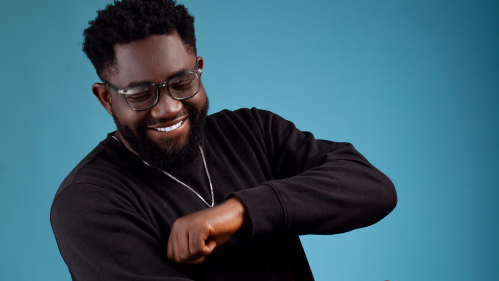
Let’s talk about your latest single “Zoe.” You describe it as a declaration of life in Christ. What inspired the song and what does Zoe personally mean to you?
“Zoe” means life in Greek, the God kind of life. Eternal life. The kind of life that’s above sickness, lack, or defeat. It’s abundant, glorious life.
Every word in that song is a personal affirmation for me. I’ve been through situations that only turned out joyful because of the power of God’s life at work in me. There’s a line that says, “They say life is race is a Marathon, but I’m on my victory lap and I ain’t even run, Perfect peace even in the storm, Cos before the battle starts I already won, I don’t even need to be present He goes before me makes everything perfect…” that’s real for me.
So “Zoe” isn’t just a song, it’s my testimony, my declaration. And the best part is seeing people connect to it, speaking those same victorious, God-inspired affirmations over their own lives.
On this song, you collaborated with two other artists. How did that come about, and how did you go about sharing such a deeply personal song with others?
The record was produced by me and co-produced by Password, who is also on the chorus with Henri (Henryfinwealth). They are also my brothers and we feed from the same source, so it’s safe to say we were all in the same headspace.
African music, including Afro-Gospel, is gaining global attention right now. How do you see your music fitting into the larger movement of African artists taking gospel global?
Honestly, I’m not surprised at all. It’s about time. The sound is ripe, the music is solid, and the message — the gospel — is life. And wherever there’s life, people will receive it.
You know, young people today might not walk into a church, but they’re searching for God on Spotify, on Apple Music, on YouTube. So, if that’s where they’re looking, then that’s where we need to be, taking the gospel to them through the music. For me, it’s simple. I’m just here to play my part and do my quota in this movement, making sure the message of Christ keeps spreading through the sound of our time.
How do you measure your success? Is it based on the number of streams, the number of souls you win, or something else entirely?
That’s a tough one, because how do you really measure impact? I can’t always tell if someone gave their life to Christ through my song, unless they actually reach out and tell me. Someone in Asia or the U.S. might listen and be blessed, but I may never know.
So for me, success isn’t just in the numbers. I see the streams, yes, but I take them as a sign that the message is reaching people. One million streams means one million people heard the gospel, that’s impact right there.
At the end of the day, I measure success by obedience, doing what God said to do. As long as He keeps saying, “You’re doing it right,” that’s enough for me. The rest? That’s just evidence that the message is traveling.
For people who might not usually listen to gospel music, what’s the one thing you hope they take away from your songs?
The one thing I’m bringing to the table is life, God. In Christ, we have hope, abundance, and true life. It’s one root with many branches, and everything flows from that source. So if there’s one thing I want anyone, even those who don’t usually listen to gospel music, to take away from my songs, it’s that they can find Redemption in them.
What’s next for you? What can we expect to see?
I’m dropping an EP titled “Cat.a.lyst” on the 31st of October, and I’m really excited about it. It’s a unique and deeply intentional body of work. My prayer is that it sparks meaningful conversations, the kind that inspire and challenge young people to boldly proclaim their faith.

